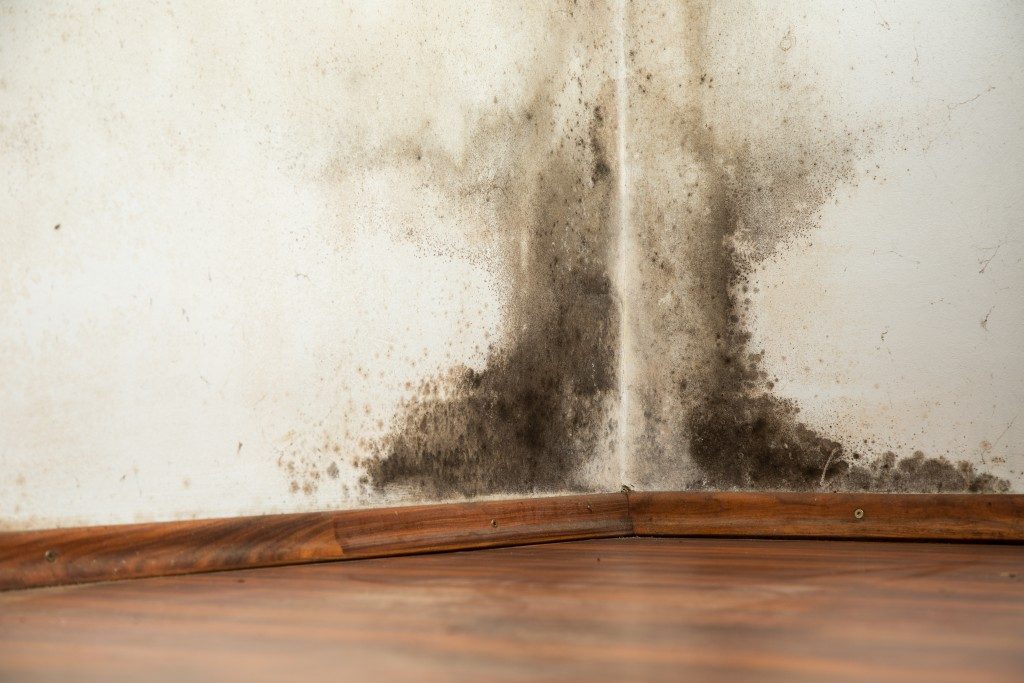Moisture can cause damage to different types of flooring. These may include carpets, concrete, wooden floors, vinyl, or tiles. Regardless of the floor type you have, you should plan for moisture mitigation. This is to ensure that there will be no further floor damage due to moisture.
A lot of people do not realize that floors are also prone to moisture. It can be due to different reasons. Nonetheless, floor moisture can cause damage to flooring. Likewise, it can affect the floor’s durability and longevity. It is important to know what causes floor moisture and how to prevent it.
Causes for floor moisture
If the floor feels wet but has no presence of any liquid, it is likely due to moisture. It can occur on floor surfaces like wood, concrete, or tiles. Moisture happens when the floor’s surface is colder than the room’s temperature. The moisture within the air results to moisture that makes the floor feel wet.
Another common reason for floor moisture is due to standing water. It may not get detected at first. However, the effects will show up over time. In effect, the floor will get slowly damaged due to moisture.
Some floor types like concrete can tolerate the effects of moisture on its surface. However, it can cause a humid room temperature. Excessive humidity can lead to the growth of molds that can cause an unpleasant smell. Other effects of floor moisture include material degradation and failure.
Degradation can happen on materials, especially wood. Moisture can also affect flooring’s sealer and adhesive. In other words, it can affect the flooring’s longevity and total quality. Other causes of floor moisture include:
- Inconsistent floor material usage
- Not following standard construction procedures
- Lack of floor moisture protection
Preventing floor moisture

There are many simple ways to prevent floor moisture. Among these include the following:
- Add a dehumidifier in the room. It helps in removing excessive moisture from the air. You can put also put one in the bathroom where floor moisture is most common.
- Look for any signs of standing water that may cause the floor moisture.
- Put plastic that can cover the moisture on the ground. It will also serve as a barrier against moisture and prevent condensation on the floor material.
- Use a vapor barrier to prevent slab moisture from seeping through the entire flooring system. One way is by putting a certain amount of sand and plastic that will serve as the top floor’s protection.
- Make sure to allow concrete slab to dry naturally. This is why it is important that the slab is tested from the presence of moisture before adding paint or tiles.
- Put damping agent on current flooring. This will lessen, if not completely avoid, the effects of moisture on the flooring material. Likewise, it will also prevent future problems associated with moisture.
Moisture can do damage to flooring if not addressed immediately. It may be a common occurrence, but it can affect the flooring quality in the long run. It can cause negative effects on any room as well. These include the formation of molds and unpleasant smell in the room.
That is why floor moisture should not be ignored. It will prevent future damage on your floor material. Preventing floor moisture will also help maintain its integrity and quality in the long run.

